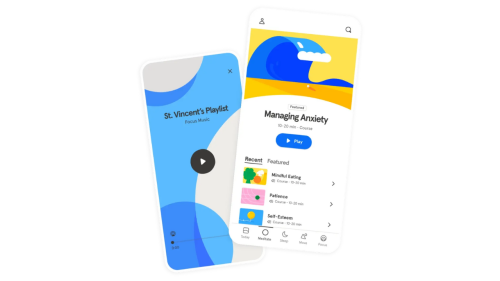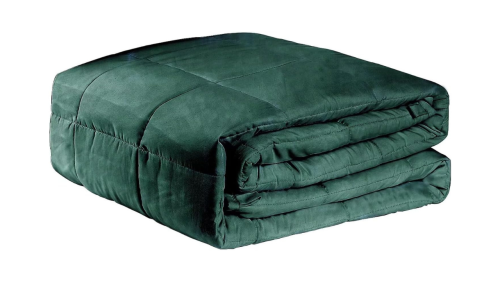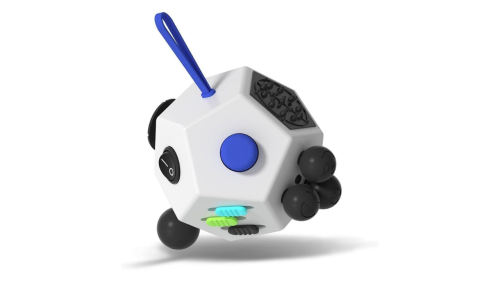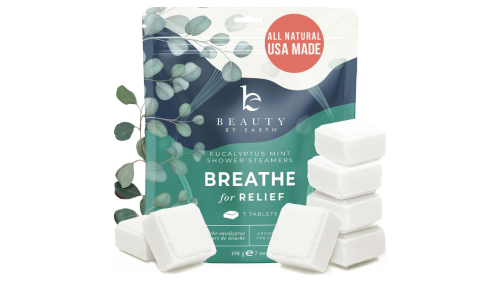Mental health in public safety isn’t just a matter of personal wellbeing; it’s integral to the effectiveness, resilience and longevity of those who serve our communities. The nature of first responder work – dealing with emergencies, witnessing human suffering and making split-second decisions under high pressure – can lead to stress, anxiety, PTSD and other mental health challenges.
For public safety leaders, creating a culture that prioritizes mental health is a necessity. Whether it’s through peer support programs, mental health training or confidential counseling services, it’s essential that first responders have the tools and support they need to manage the psychological demands of their work.
Moreover, fostering resilience – both individually and within the public safety community as a whole – is key. Resilience training, mindfulness practices and wellness programs can equip first responders with the skills to navigate the emotional complexities of their roles, enhancing their ability to recover from and adapt to stressful situations.
Watch: How to shift your focus
Mental health support: Tips, tools and services
To help first responders take charge of their own mental health, we’ve compiled a list of tips, tools, products and services designed to promote emotional and psychological resilience.
Quick links for easy purchasing:
- Resiliency Journal for First Responders
- Google Pixel Watch 2
- Headspace: Meditation and sleep app
- Alomidds Weighted Blanket
- Fidget Dodecagon
- Shower Steamers Aromatherapy
- MoCuishle Neck, Shoulder and Back Massager with Heat
- BYRIVER Acupressuer Massage Slippers
1. Start a journal
Journaling is a powerful tool for improving mental health, helping to clarify your thoughts and recognize patterns in your behavior and emotions. It also serves as a stress-reduction technique by enabling you to work through your anxieties on paper, offering a healthy way to navigate and understand your internal experiences.
2. Track your sleep and other metrics
Adequate sleep is crucial for mental health, as it helps regulate mood, improves brain function, and reduces stress and anxiety. Establishing a healthy sleep routine can enhance overall well-being and resilience to daily stress. Use a smartwatch or other wearable tracker to keep tabs on your sleep, steps, heart rate and other metrics.
3. Calm your nerves with meditation and mindfulness
Mindful meditation encourages you to focus on the present moment, helping to reduce stress and anxiety by promoting a state of calmness and awareness. It’s an effective way to disconnect from daily stressors and engage in self-reflection.
4. Invest in a pressure-ful sleep
Weighted blankets utilize the principle of deep pressure stimulation to mimic the feeling of being hugged or held, promoting a sense of security and calm. This can significantly reduce anxiety, improve sleep quality and help decrease stress levels, making weighted blankets a beneficial tool for enhancing overall mental health and well-being.
5. Distract yourself from anxiety
Fidget toys can provide a tangible way to redirect nervous energy or anxiety, offering a physical outlet for stress and improving concentration and cognitive performance. Their use can promote a sense of calm, reduce feelings of anxiety and enhance focus, particularly in individuals with ADHD, autism or high stress levels, making them a practical tool for supporting mental health in various settings.
6. Incorporate aromatherapy into your daily routine
Aromatherapy involves the use of essential oils to promote psychological and physical well-being, harnessing the sense of smell to elicit calming and therapeutic effects on the mind and body. This practice can significantly reduce stress, anxiety and depression symptoms, as well as improve sleep quality, by influencing the limbic system, a part of the brain that plays a role in emotions.
7. Melt stress with a massage
Massage therapy can significantly improve mental health by reducing levels of stress hormones like cortisol, while simultaneously increasing levels of neurotransmitters associated with decreased anxiety and depression. This relaxation response not only alleviates muscle tension and pain but also enhances overall mood and well-being, making it an effective method for promoting mental relaxation and reducing psychological stress.
8. Apply body pressure in strategic locations for relief
Acupressure, a technique derived from traditional Chinese medicine, involves the stimulation of specific points on the body to promote relaxation and alleviate stress, anxiety and depression. By balancing the body’s energy flow, or qi, acupressure can help reduce tension, enhance relaxation and improve overall mental well-being, making it a valuable complementary approach to mental health care.




























